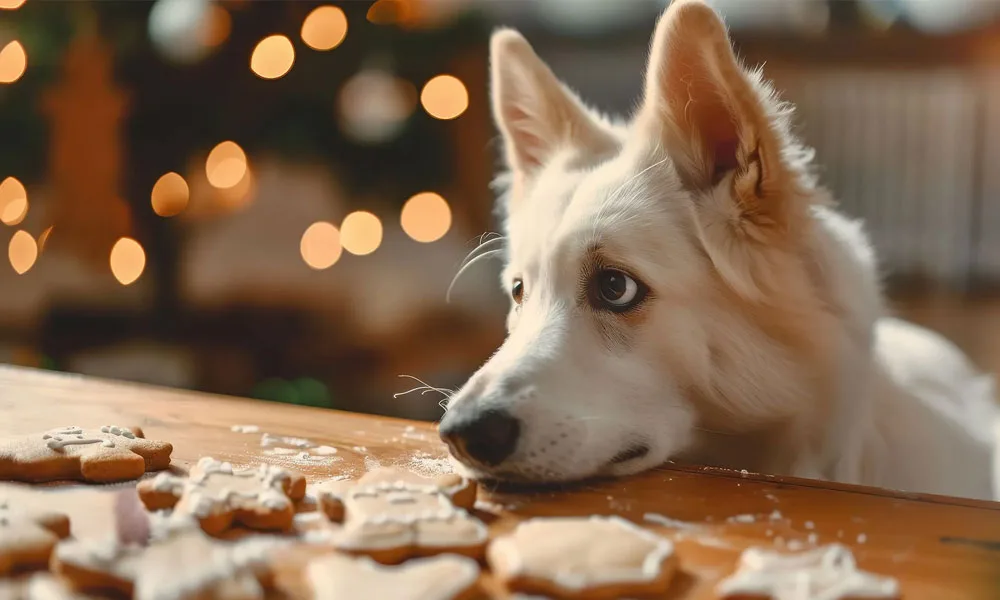The holiday season is a time of joy, delicious feasts, and family gatherings—including your four-legged family members. While it’s tempting to share some of your festive meals with your furry friend, many holiday foods can be harmful, or even toxic, to dogs.
Knowing what’s safe and what’s not is essential to ensuring your dog enjoys the holidays as much as you do.
Here’s a guide to the human foods you should never let your dog eat during the holidays, compliments of Pensacola Pets in Pensacola, Florida.
Chocolate and Caffeine
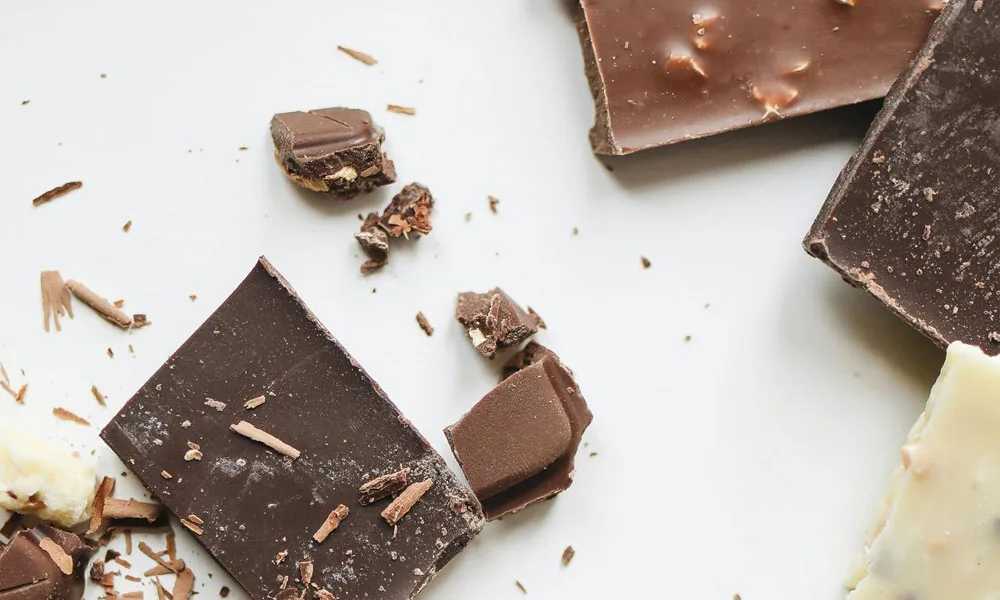
Chocolate is a well-known toxin for dogs, yet it’s often abundant during the holidays in cookies, candies, and desserts. Chocolate contains theobromine and caffeine, substances that dogs cannot metabolize effectively.
The darker the chocolate, the more dangerous it is. Even small amounts can cause vomiting, diarrhea, rapid heartbeat, and in severe cases, seizures or death.
Tip: Keep all chocolate treats stored in sealed containers, well out of reach of curious noses.
Grapes and Raisins
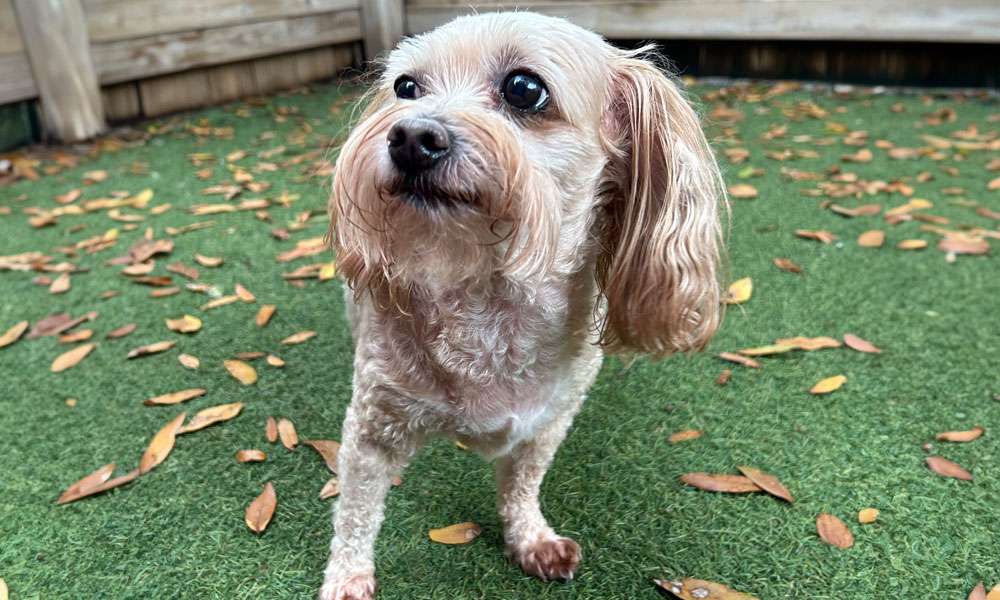
Grapes and raisins may seem harmless, but they are incredibly toxic to dogs, even in small quantities. These fruits can cause kidney failure, leading to symptoms like vomiting, lethargy, and decreased appetite. Holiday dishes like fruitcake or cookies often contain raisins, so be extra cautious.
Tip: Ensure guests know this danger, and keep grape- or raisin-containing foods off the floor or coffee tables.
Onions, Garlic, and Chives
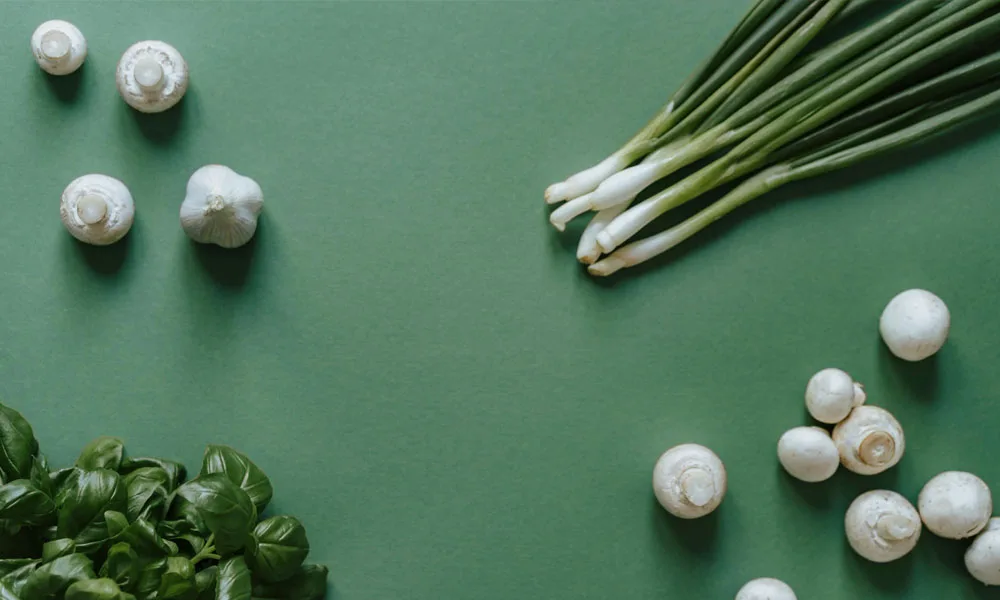
Onions, garlic, and chives, whether raw, cooked, or powdered, harm dogs. These ingredients contain compounds that can damage a dog’s red blood cells, leading to anemia. Foods like stuffing, gravy, or casseroles often include these ingredients, making them a hidden danger.
Tip: Read the ingredient list carefully before offering your dog any human food, and avoid sharing leftovers that contain seasonings.
Fatty Meats and Trimmings
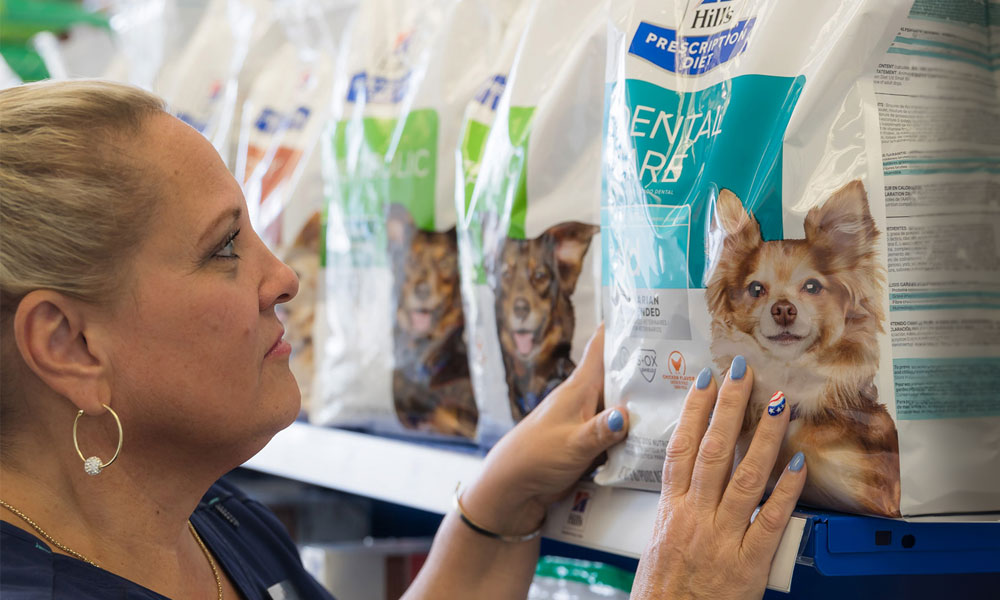
While a piece of turkey or ham might seem like a nice treat, the fatty portions or trimmings can be dangerous. High-fat foods can cause pancreatitis, a painful inflammation of the pancreas that may require emergency care. Seasoned or smoked meats often contain excessive salt, which can lead to sodium ion poisoning.
Tip: Stick to plain, lean, unseasoned meat to offer your dog a holiday treat, and avoid giving them skin or fat.
Poultry Bones
Cooked bones, especially from poultry like turkey or chicken, are brittle and can splinter easily. These splinters can cause choking, internal injuries, or blockages in your dog’s digestive system. While raw bones may be safer, it’s always best to consult your vet before offering bones as a treat.
Tip: Provide your dog with a chew toy or bone substitute for safe chewing.
Nutmeg and Spices
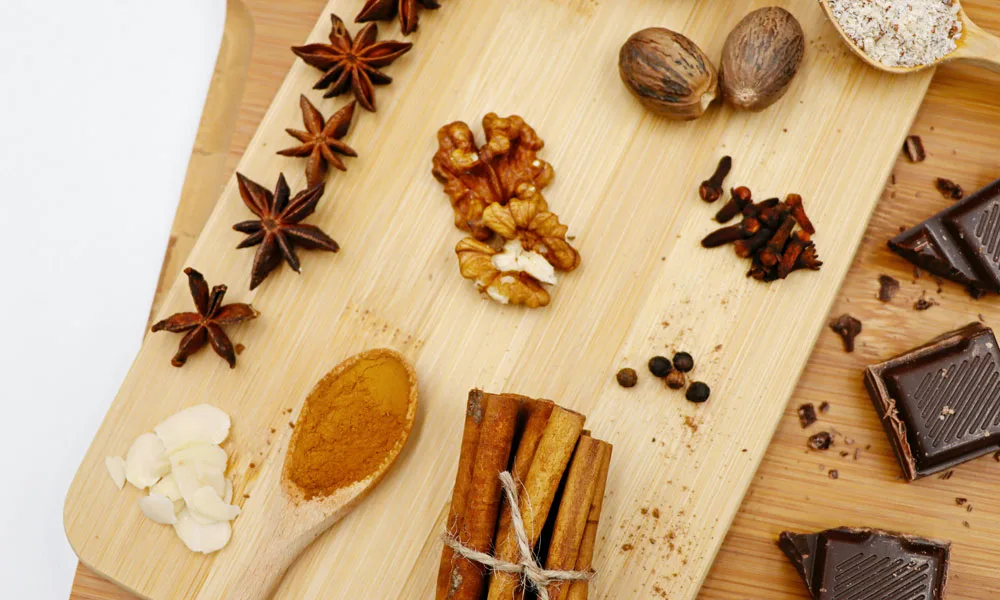
Nutmeg, commonly used in holiday desserts like pumpkin pie or eggnog, is toxic to dogs. It contains myristicin, which can cause hallucinations, increased heart rate, and seizures if ingested in large quantities. Other spices, such as cinnamon or cloves, can also irritate a dog’s stomach.
Tip: Avoid giving your dog spiced desserts or letting them lick bowls used to prepare these dishes.
Artificial Sweeteners
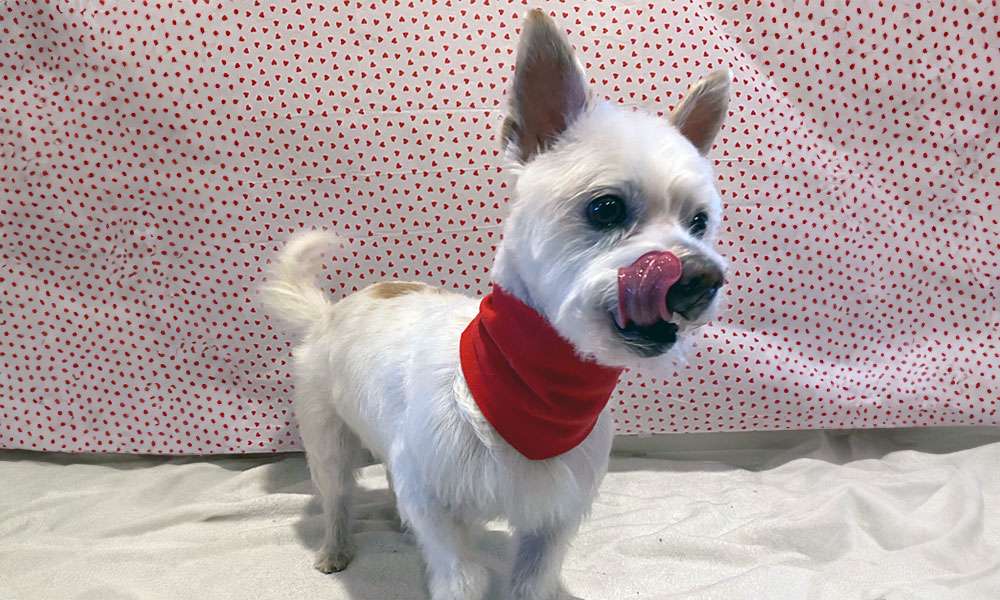
Many artificial sweeteners can be found in sugar-free gums, candies, and baked goods. It can cause a rapid insulin release in dogs, leading to hypoglycemia (low blood sugar), which can be life-threatening. Symptoms include vomiting, weakness, and seizures.
Tip: Keep all sugar-free products away from your dog and educate guests about their dangers.
Alcohol and Raw Dough
Alcohol is toxic to dogs, even in small amounts. It can cause symptoms such as vomiting, diarrhea, and difficulty breathing. Additionally, raw dough can expand in a dog’s stomach, leading to bloating and discomfort. The yeast in the raw dough also produces ethanol, effectively causing alcohol poisoning.
Tip: Keep drinks and uncooked dough out of reach, and dispose of scraps promptly.
Macadamia Nuts
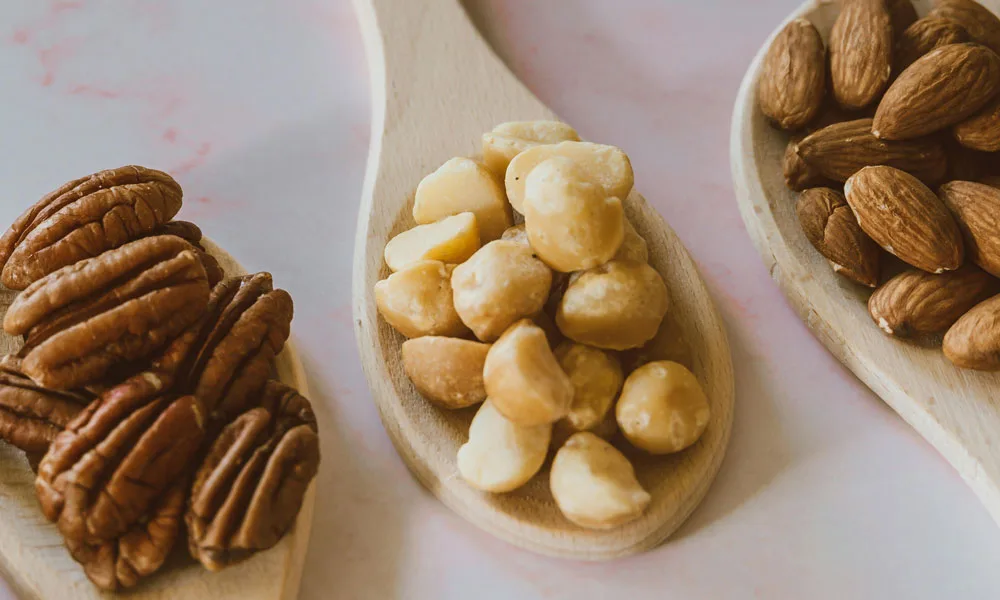
Macadamia nuts, often found in cookies or nut mixes, can cause weakness, vomiting, tremors, and hyperthermia in dogs. Even a few nuts can lead to toxicity, making them a no-go during the holidays.
Tip: Store nut mixes and cookies containing macadamia nuts in sealed containers and away from counter edges.
Decadent Desserts and Dairy Products
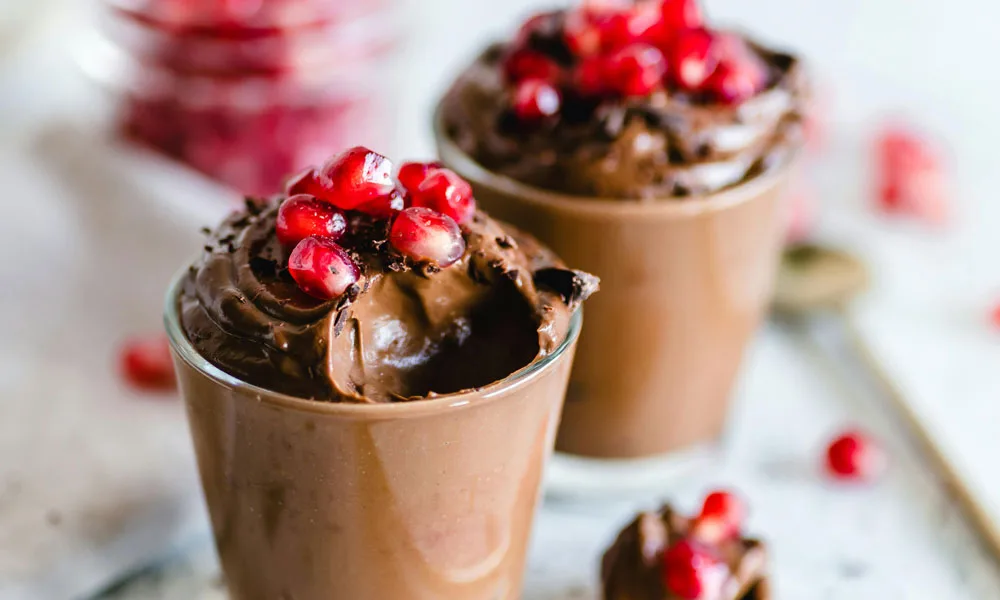
Many holiday desserts are rich in sugar, fat, and dairy, which can upset a dog’s stomach. Dogs are often lactose intolerant, and consuming dairy-heavy foods like whipped cream or cheesecake can lead to diarrhea and gas.
Tip: Offer pet-safe treats instead of sharing your desserts.
Keeping Your Dog Safe and Happy
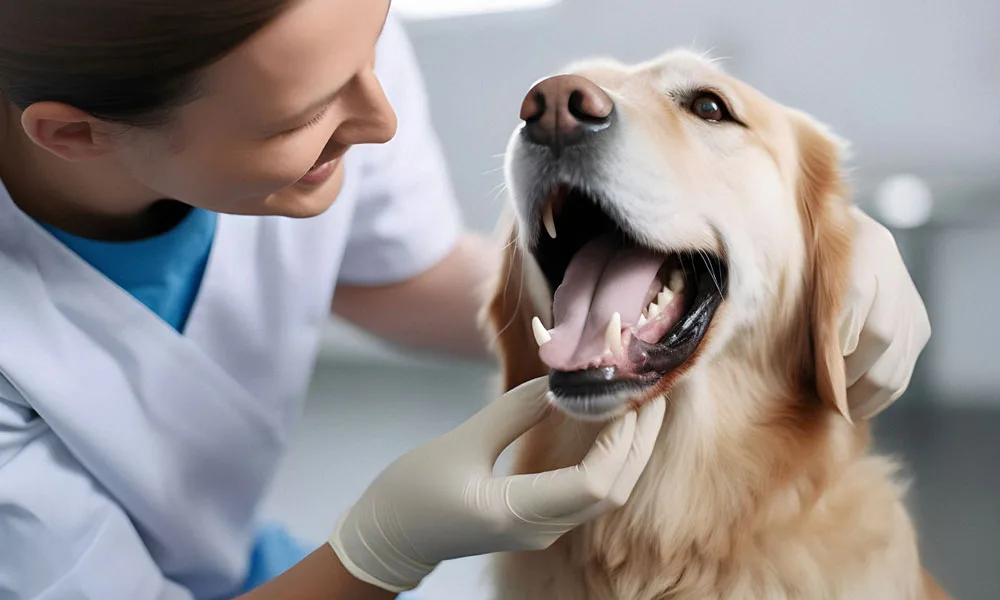
While sharing the holiday spirit with your pet is essential, keeping them safe is paramount. To include them in the festivities without risking their health, stick to dog-friendly treats or special holiday chews made for dogs.
If your dog does manage to sneak a forbidden snack, monitor them closely for symptoms and contact East Hill Animal Hospital at 850-437-9932 if you notice anything unusual.
